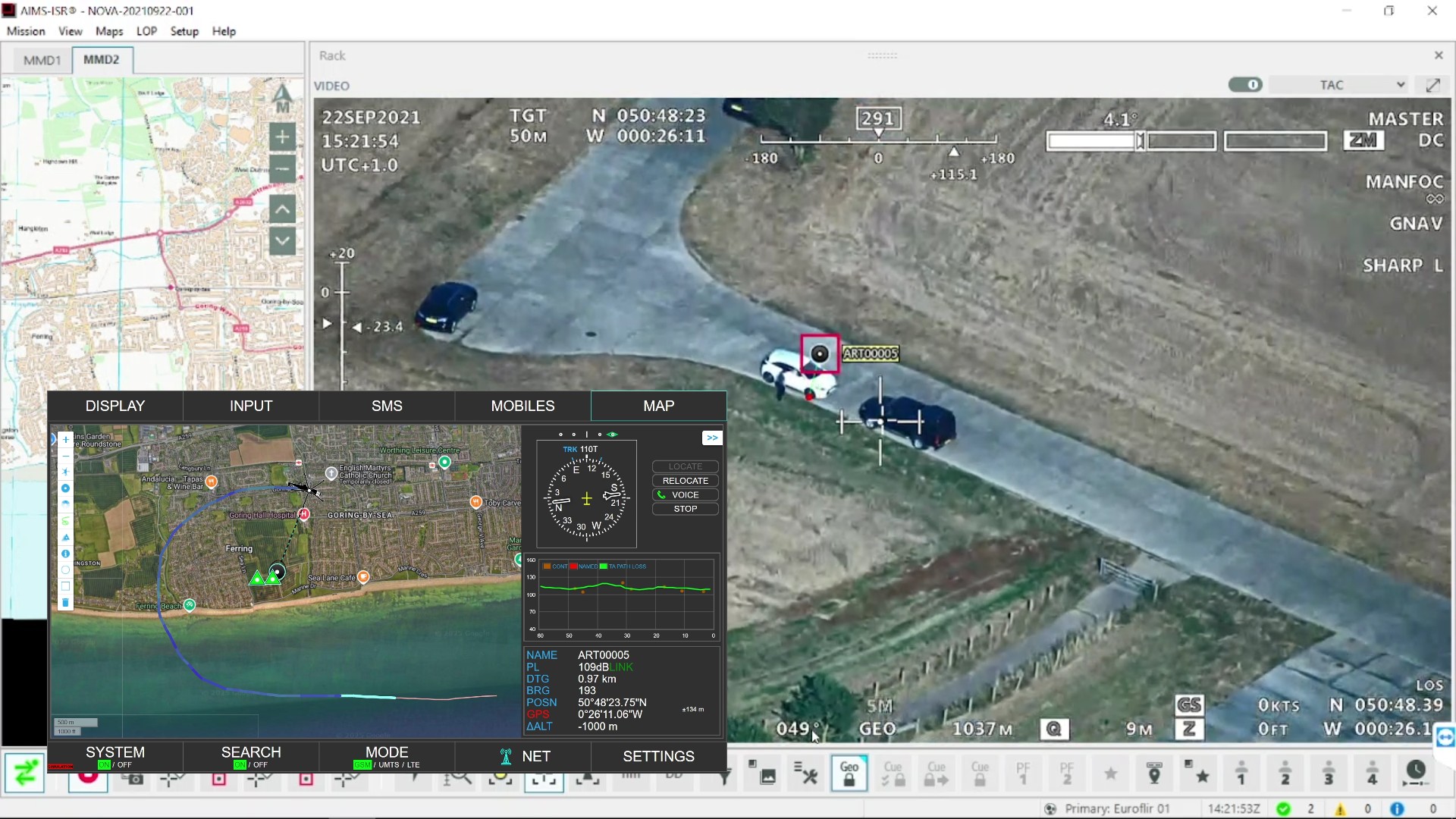DIO completes pioneering river restoration on SPTA
Courtesy DIO
The ‘first of its kind’, the project is enhancing the biodiversity of the local area by improving the watercourse and natural floodplain, and off-setting nutrient pollution.
The project has restored a 400-metre stretch of the river Avon by putting the river back into the centre of the floodplain along a new channel. Secondary channels have also been created to connect wetlands and ponds and establish wildlife habitats across the river’s floodplain. As well as boosting biodiversity, these new areas of wetland will help to capture nutrient-loaded sediment and carbon.
The restoration will see the new wetland habitats retain water all-year-round, meaning native wetland plants will flourish and wildlife will thrive. The improved wetland will increase habitat diversity and will bring a host of benefits for many species that can be found locally. This includes endangered water voles and invertebrates such as dragonflies and damselflies. The new river channels will also include re-profiled gravel ‘riffles’ – shallow sections of river where water flows more quickly. This will create diversity in the river channels and provide the perfect habitat for spawning fish such as the wild brown trout.
The river Avon is a Site of Special Scientific Interest (SSSI) and Special Area of Conservation (SAC) and is considered one of the UK’s finest chalk streams. Like many of England’s chalk streams – rivers that rise from springs in landscapes with chalk bedrock – the diverse ecosystem is particularly vulnerable to nutrient pollution. Excess amounts of nutrients, such as phosphorus, in rivers can cause increased growth of algae and large aquatic plants. This results in decreased levels of dissolved oxygen, which can kill fish and other aquatic life.
This restoration, working with entirely natural processes, will offset this pollution by capturing sediments containing harmful nutrients within the new wetland areas surrounding the river, removing them from the watercourse.
The flagship project has been funded by a significant investment from the Ministry of Defence (MoD), through the Defence Infrastructure Organisation Conservation Stewardship Fund programme. Additional funding has been provided by National Highways’ Environment and Wellbeing Designated Fund through the Network for Nature programme. The restoration work has been managed and delivered by Wiltshire Wildlife Trust in collaboration with DIO and its industry partner, Landmarc.
The completed project at West Chisenbury provides a template for tackling the challenges of elevated nutrient levels and associated biodiversity loss that are facing chalk streams throughout Wiltshire and the wider UK.
Jenny Bennet, Senior Ecologist, Defence Infrastructure Organisation, said: "The MoD is committed to supporting nature recovery at the national and local level, while at the same time supporting and enhancing military capability. We aim to be a leader in wildlife and nature conservation and to achieve this, DIO funds a rolling programme of conservation projects across the UK and overseas Defence estate.
"This innovative project, delivered in partnership with Wiltshire Wildlife Trust, will bring long-term benefits for biodiversity as well as directly addressing the issue of harmful nutrient levels, one of the key pressures affecting our rivers. We look forward to witnessing the new wetland evolve over the next few years."
Alice Eley, Water Team Manager for Wiltshire Wildlife Trust, said: "We’ve been excited to work with the MOD on this pilot project, which we hope will inform future projects to improve the health of our chalk streams using natural solutions.
"As well as capturing harmful nutrients like phosphorus and improving biodiversity in the area, the more natural shape and size of the river channel should also kick-start natural river processes such as sedimentation in the margins and faster flows in the main channel to promote weed growth and create clean, spawning gravels."
Jason Hones, South West Regional Director for National Highways, said: "We’re committed to significantly improving biodiversity near our road network, and this investment in the South West underlines our commitment to reducing the impact of our roads on the environment and supporting biodiversity.
"At National Highways, our work goes beyond operating, maintaining and improving roads, we’re investing in the environment and communities surrounding our network, helping to unlock the creation and enhancement of habitats and this is an example of the difference we can make with our designated environment and wellbeing funding."











